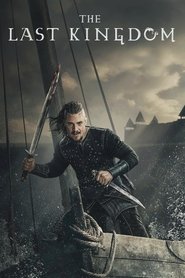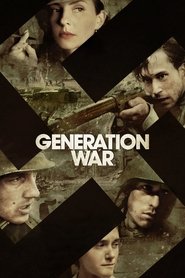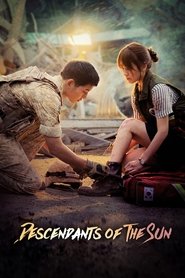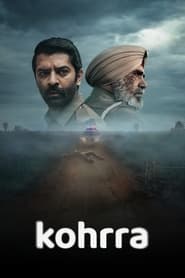
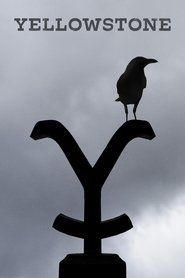
Seasons and episodes
1Season 1 Jun. 20, 2018
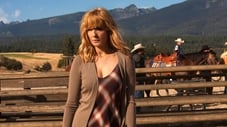 1 - AllS01 EP(1-9) Jan. 01, 2022
1 - AllS01 EP(1-9) Jan. 01, 2022
2Season 2 Jun. 19, 2019
 2 - AllS02 EP(1-10) Mar. 12, 2025
2 - AllS02 EP(1-10) Mar. 12, 2025
3Season 3 Jun. 21, 2020
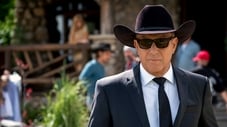 3 - AllS03 EP(1-10) Jan. 01, 2022
3 - AllS03 EP(1-10) Jan. 01, 2022
4Season 4 Nov. 07, 2021
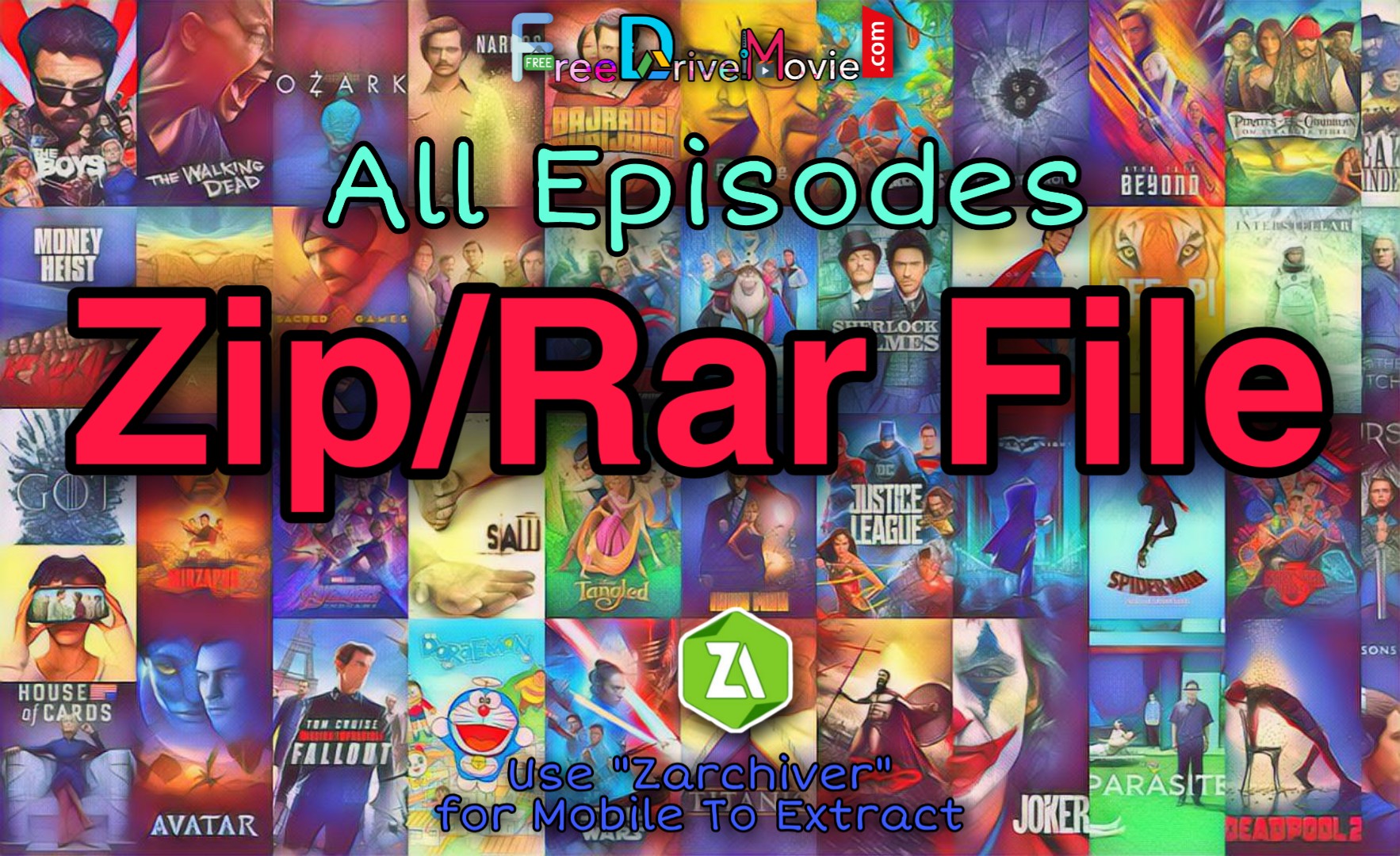 4 - AllS04EP(1-10) Mar. 12, 2025
4 - AllS04EP(1-10) Mar. 12, 2025
Creator
Creator
Cast
John Dutton
Beth Dutton
Kayce Dutton
Jamie Dutton
Monica Dutton
Tate Dutton
Rip Wheeler
Thomas Rainwater
Jimmy Hurdstrom
Walker
Video trailer
Synopsis
Yellowstone Season 1-4 Download In English 720p
StoryLine:
John Dutton has a lot of enemies. The patriarch protagonist of Yellowstone is a powerful rancher in Montana, played by Kevin Costner with a voice too rocky to be called “gravelly.” It is a bouldery voice, and when Dutton’s enemies confront him, Costner delivers his retorts in curt rumbles that sound like a cave collapsing. Like his father before him, Dutton is the owner of The Yellowstone, the largest ranch in Montana. And like most cable dramas, especially those from the long lineage of middle-aged men in prestige TV, Yellowstone is full of antagonists who seek to diminish Dutton’s power.
They attack his men, and they undermine him financially. Their lackeys punch his guys, and Dutton’s guys fight back. Meanwhile, John Dutton’s three children tussle and maneuver for their father’s favor. In some ways, Yellowstone is much like any other wealth-and-corruption show on TV.Yellowstone Season 1-4 Download. At the heart of Yellowstone, though, lies an ideology that separates it from the prestige-knockoff pack, a desperate and threatened appeal to American identity and white masculinity that makes the Paramount series palpably different from other family rivalry dramas like Billions or Succession.
In its typical beats, it resembles those shows and other prestige projects — it mixes internecine family drama with larger-scale power plays, and like so many series of this genus, its central spoke is one sad, middle-aged white guy. But the typical generational drama on American TV is about power for power’s sake, and about the anxiety of the new generation living up to and overtaking those who came before. On Yellowstone, those beats come hand in hand with a more existential anxiety. John Dutton’s enemies aren’t just generic baddies who want what he’s got — if they were, he wouldn’t care so much if they beat him. The battles on Yellowstone are about the idea that one way of living is just better than the others.
Additional Links:
Original title
Yellowstone
TMDb Rating
8 748 votes
First air date
Jun. 20, 2018
Last air date
Dec. 26, 2021
Seasons
4
Episodes
39
Average Duration
42 minutes












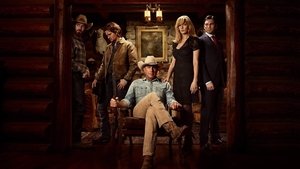
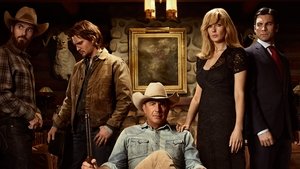
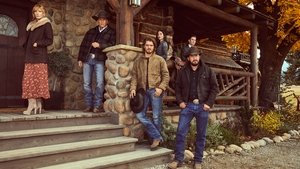
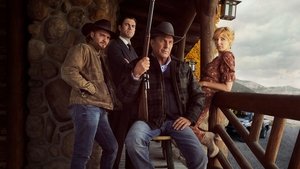
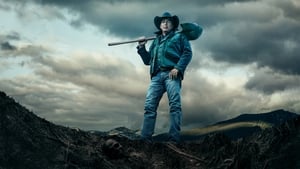
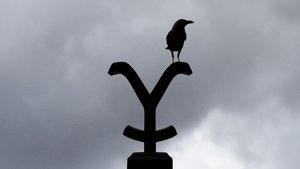
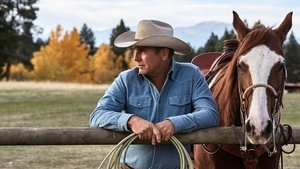

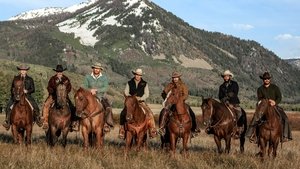
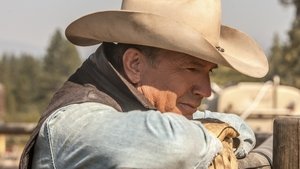






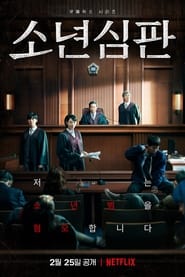
![Most Dangerous game [S02 Complete]](https://image.tmdb.org/t/p/w185/begeAFRPkHzrW05ZQXHrB9pqugt.jpg)
